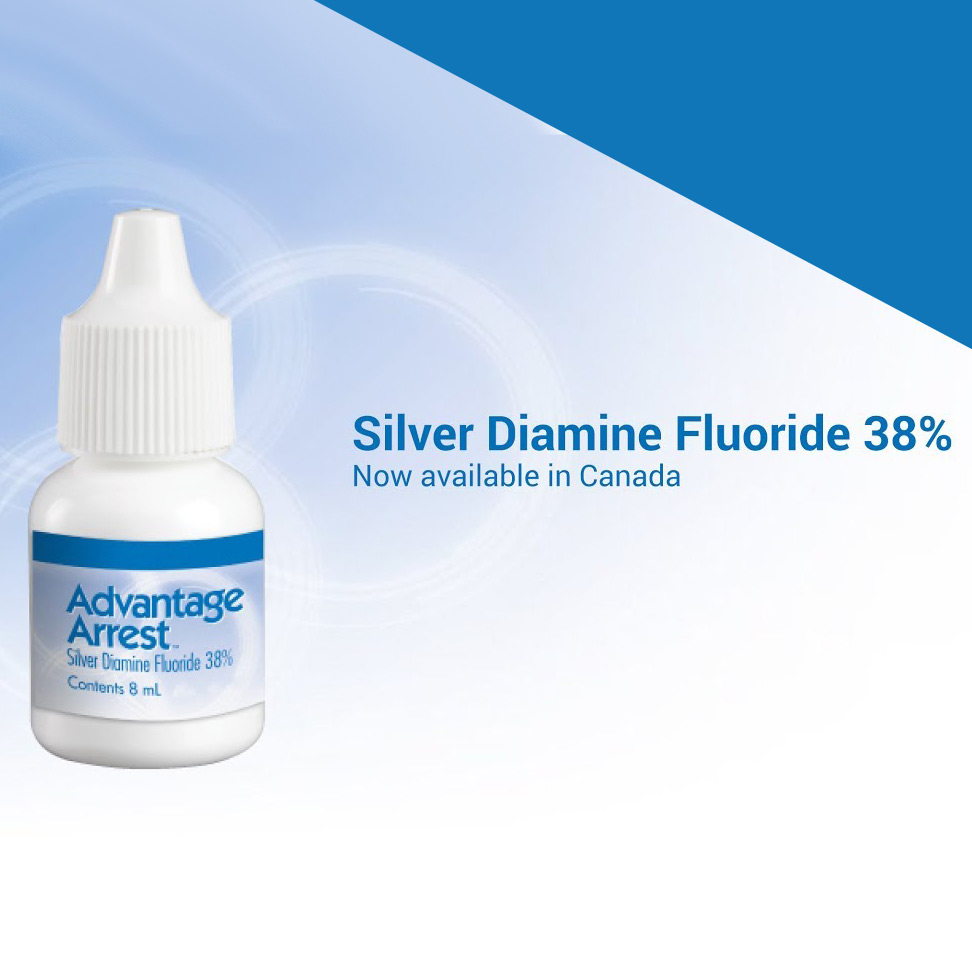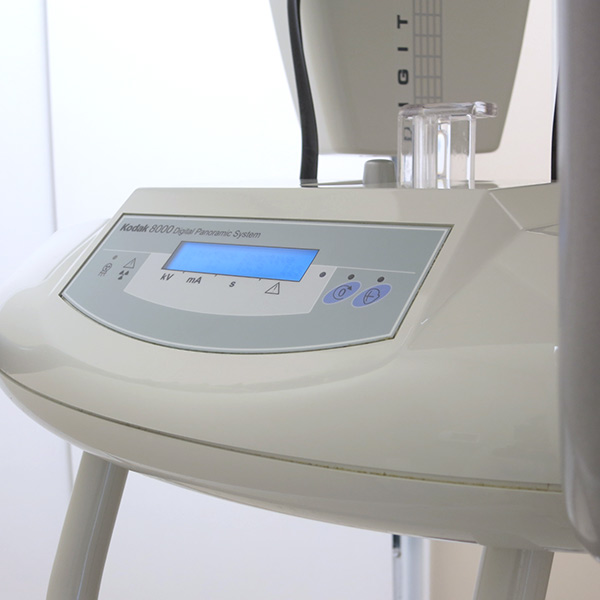
When a tooth or several teeth are lost prematurely due to decay, fracture or gum disease, a gap is formed between adjacent teeth. When the gap not filled, the surrounding teeth may shift into the open gap, changing the appearance of your smile or resulting in teeth that are out of alignment. A missing tooth may also place additional stress on the rest of the teeth and the jaw joint (TMJ) and cause oral health problems that require more extensive oral rehabilitation or cosmetic dentistry. Missing teeth will also lead to bone loss in the jaw.
There are several methods of tooth replacement available. Learn more about each below:
- Dental Implants – An implant “post” is inserted into the jaw bone, and a crown placed on top. Implants are the most conservative tooth replacement option. It is the only option that helps to prevent further bone loss.
- Bridges – A bridge is made of several crowns linked together. Crown are cemented permanently on the tooth/teeth in front of the gap and behind the gap to help support the missing tooth/teeth. Although a bridge does not prevent bone loss, it is a good option for those patients for whom dental implants are not possible and for those who do not want a removable appliance.
- Dentures – One or more replacement teeth are supported by a frame that is removable, and supported by other teeth or gums. Dentures can also be supported by implants for additional support.
Coverage will vary policy to policy. We can review your policy with you and confirm what is covered when you come in for an appointment or free consultation.





I have undergone tooth extraction six months ago after severe dental infection and large abscess formation. Two weeks ago I have undergone dental implantology together with a minir bone grafting procedure done the same day of the implantology procedure. The day after I had severe swelling and bruises on my face that lasted for about 3 days and then started going down. All ifs fine now except that I still feel some elevation in the jaw bone in the area around the implant and the surrounding tooth. It is hard and doesn’t seem as a soft tissue or swelling. I am concerned that more than required bone graft was added and wonder if it’s going to heal with time
Hi Salma, swelling and bruises are common risks after an implant and grafting procedure. I am glad to hear that the swelling is gone and there are no signs of infection. We do expect a portion of grafting material to resorb, so it is common to place more grafting material at the time of surgery. Resorption time varies between patients, so if you are unsure or have any concerns, please bring the issue up at your post-op visit with your dentist.
I needed to consult a dentist. I’m going to go to a dentist today but thought I’d rather Google the solution to my problem, as it saves money and time. I don’t have any health problems. My only problem is that one of my upper teeth is shaped slightly different than others. Its pointy unlike the one on it’s opposite side and it shows when I smile. I really want to have a perfect smile, honestly, who doesn’t? But it’s only possible if I replace that tooth with the one that fits. So what do you suggest I do? Also, it’d be really helpful if you could tell me the cost of the treatments you mention in your answer. Thank you very much and have a lovely day. 🙂
Hi Mia, if your tooth is healthy and free of gum disease or large cavities, consider less invasive procedures such as bonding or veneers instead of replacing the tooth. Please discuss your options and prices with your dentist since cost will vary depending on the procedure and your location.
Hi, I’m someone who takes decent care of their teeth, but over the last year, 4 of my back teeth (2 on either side) have broken off almost completely. Do you have some sort of idea as to why this would happened? And how exactly can I get it fixed without it costing me so much money (I saw that it could easily cost between $3500-$4000 for ONE tooth to be fixed, and I don’t even come close to having that much money to pay for it..).
Hi Samantha, partial dentures are a cost-effective option for replacing multiple missing teeth. However, the teeth that will support the partial denture will need to be in good shape, so you’ll want to have them assessed prior to having one fabricated. Please see a dentist to discuss your options.
Hello!
So, I had severe periodontitis disease and had to get a full set of dentures this year because my teeth weren’t salvageable. It’s all getting healed and everything is going good but I was wondering and reminiscing about what the doctor had told me before. He told me to throw away my toothbrush and all that I used for oral hygiene after getting my implants and everything, I imagine it was because of the periodontal disease I had before. Now I’m wondering, should I also throw away the lipsticks and everything I wore before? Is there a risk of cross contamination?
Thanks!
Hi Alex, we usually recommend changing your toothbrush, electric toothbrush heads and tongue scraper every 3 months anyway due to bacteria that accumulates over time. For someone with severe periodontitis or gum disease, the bacteria present tends to be more virulent. However, once all the teeth are gone, the gum-disease-causing bacteria that lives below the gum and around the roots of your teeth will not survive long.
If you are getting implants for your denture around the same time as your teeth extraction, we do recommend changing your toothbrush to avoid introducing those bacteria to your implants. Implants are susceptible to failure if the bone supporting them disappear due to growth of gum-disease-causing bacteria. When it comes to your lipsticks and others, it is rather a judgement call on your part. We do not recommend changing your utensils, glassware or China since they are made of a material that can be cleaned easily after use and are therefore less likely to be contaminated. Lipsticks and lip balm are hard to clean and relatively cheap to replace, however, they do not get as close to your oral cavities as your toothbrush. So while it may not be a bad idea to replace them, you probably do not need to worry if you didn’t replace them after the implants were placed.